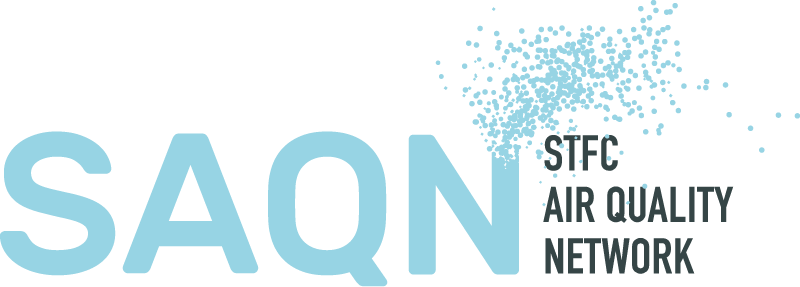Collaboration Building Workshop 2021
SAQN hosted a second Collaboration Building Workshop in 2021 (14 – 25 June), using the same format as the first workshop, but with improvements identified through the review process. Here we reflect on the impact these changes had on the process.
Launch event
We began the workshop with a brief ‘launch event’ one week before the start of the main workshop. This had several benefits:
- Participants were introduced to the facilitators and mentors;
- We started using Mural, allowing participants to get familiar with it and solve any technical issues in real time;
- Participants started to meet each other, having one to one chats in Zoom breakout rooms;
- Sharing the workshop aims and funding criteria at the start reduced the number of questions asked about funding later on in the workshop;
- Participants had the opportunity to try out a new networking platform, ‘Wonder’, which was then used by many to host their ‘cafe time’ conversations.
Improved support for mentors
We recognised that mentors needed more support in order to give most value to the participants and to feel more engaged in the process. The two aims of this were to make mentors feel better informed about the process and their roles and to allow participants to become more familiar with mentors so that they felt comfortable asking for their support. Changes to the mentor programme were:
- A short introductory meeting, outlining the mentor role and giving a broad overview of the process;
- A mentor briefing session one week before the workshop, giving details of the mentors’ activities in week one;
- Involving and introducing the mentors to the participants at the launch session;
- Asking the mentors to lead the initial discussion activity in the first session;
- A second mentor briefing session at the start of week two to review project ideas and give clear directions to the mentors for the remaining sessions;
- Appointing a facilitator as ‘mentor support’, who acted as first point of contact during sessions and sent communications in between sessions;
Our mentors noted that they had appreciated the extra support they were given, and that they themselves benefited from taking part, as they could keep in touch with developments in the field of air quality, make new connections and influence the direction of research.
Improved use of online tools for facilitation
Building on our experience of running online events, we trialled using ‘SessionLab’, an event planning tool which can have multiple collaborators, and also made use of Google Docs and drive, so that all the workshop materials were accessible by the event team at any time. This had the following benefits:
- Detailed notes on the running of the workshop were available in SessionLab and updated in real time, reducing email traffic and version control issues;
- Notes sections in SessionLab were used to keep details of activities required between sessions (such as texts and timings of emails to participants), meaning that all team members could see and edit messages to participants, while being clear on who was responsible for each action and when it had been completed;
- Relevant documents could be accessed and edited as needed in Google Docs throughout the event, and links to documents placed in the event plan, allowing any of the event team to access information and share it quickly and easily;
- Planning all the activities between workshop sessions reduced the burden on the events team, as no one was having to keep all the information in their head.
Workshop highlights
We thoroughly enjoyed hosting our second workshop, and were delighted with the outcomes. These were some of our highlights:
- We welcomed colleagues from departments of STFC that have not been extensively used in air quality research (ISIS and Central Laser Facility) and were able to fund projects making use of their technology;
- One project was able to make use of sensors developed in a previous SAQN Scoping Study, and is developing a new piece of technology with significant commercialisation potential;
- Having encouraged research into health aspects of air quality, we were pleased to have involvement from medical researchers, including from Public Health England, and that two of our funded projects are exploring issues around toxicology;
- The projects teams that were not funded said they had found it a valuable experience, as they had established new collaborations, had useful feedback and been signposted to other funding sources;
- Feedback from our participants was very positive, with most reporting that they had appreciated the opportunity to collaborate with people beyond their usual network in a friendly and encouraging environment;
- Our workshop format has inspired another air quality network (TAPAS) to host their own Collaboration Building Workshop based on the same format.
The SAQN website is kept up to date with all the latest information and contact details for our funded projects.
This is an extract from our case study, reflecting on the lessons we learned from running two Collaboration Building Workshops.


One thought on “Lessons learned from our Collaboration Building Workshops”
Comments are closed.